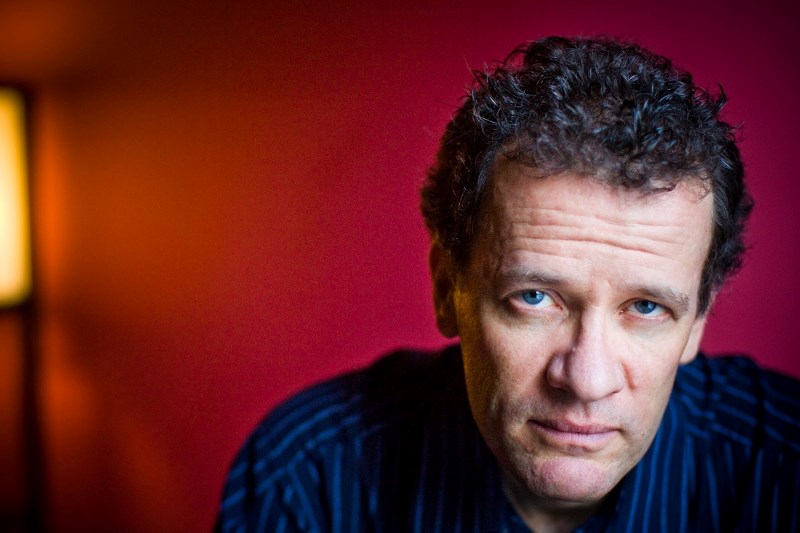The author of Life of Pi sounds like he does not have a moment’s rest. He’s still very busy working in the final stages of his next novel called The High Mountains of Portugal while his wife, British writer Alice Kuipers, is pregnant with the fourth child.
With so much hectic hubbub happening, one might imagine the beads of sweat and the coffee stains on Martel’s writing desk. Deadlines, he confesses, are not his thing.
“Generally not, no. I like taking my time but it always seems to happen that I think a novel is finished and it turns out there’s lots to do. Suddenly, you do get locked into some sort of a deadline. Deadlines are good for focusing the mind.”
Pi was his fourth book but was like lightning in a bottle. “I loved Life of Pi. I was, in a sense, its first reader and it delighted me!”
The story featured a teenager from India who found himself on a lifeboat in the middle of the ocean, stranded adrift with a Bengal tiger named Richard Parker. He hoped that it would be a cult success, “that a small number of people would really, really like it – this bizarre combination of religion and zoology.”
Of course, it ended up winning the Booker Prize in 2002 instead, before being translated into a movie by Oscar winner Ang Lee two years ago. Putting his work in someone else’s hands was a lesson in letting go, something he calls one of the great lessons in life for anybody.
“I had no idea it would do so well, and I’m still, to this day, grateful for that. Art, after all, is a gift. It’s wonderful that it connected with so many people. I thought the movie was visually beautiful … very, very strong. It also brought the story to people who either cannot read the book or just wouldn’t. It still translated the book to people who wouldn’t read it otherwise, so I was happy for that.”
He said that there was no pressure when he wrote that book because he hadn’t attained as much acclaim for his previous works. International success does not speed up his writing. There are higher ideals that he strives for.
“I take my time. I’ve never had more than a one-book contract. Good editors know that they can’t press a writer. You can’t rush a good thing,” he averred. “There are moments when there’s a bit of pressure but that’s when you’re already committed. In the actual writing, no.”
Martel is the only author on the STARFest slate that doesn’t have a host for his appearance. Left wide open to the Arden stage, he might talk about his new book or his recent enterprise in trying to engage our prime minister in a bibliographical- and mind-expanding exercise in trying new literature. Several years ago, he mailed Stephen Harper 101 books with the hopes of learning more about the man and what makes him tick. He received nary a response from the prime minister and a few from the PMO’s correspondence officers.
It was still a worthy endeavour, the author stated. Experiencing books is a great way to experience the world. “Every time you read a book, you live an extra life,” he said.
“[Harper] was not interested in any way in engaging intellectually with a Canadian writer. I gave up and moved on to more gratifying things. Having said that, I loved the whole campaign. It was fun discovering or rediscovering books. I don’t care if ordinary citizens read or not. I believe reading is a wonderful way to travel and to open your mind. Reading and travelling to me are parallel activities.”
“It’s not for me to judge how ordinary people should live. But the elite – the political elite or the business elite – I do believe they do have to read because literature is a wonderful way to explore the human experience. If they’re directing our lives … then I do want them to be experienced in life. I do believe that literature is and can be somewhat political in terms of opening up your eyes, your heart, and saying, ‘Listen … this is how people live. This is how people are.’”
“Someone who is well read isn’t necessarily a better reader but should be a better person. My notion is that incrementally the more books you read, the more open you become by reading, the more sensitive and empathetic a person you will be. If you can’t be empathetic, you shouldn’t be in politics. Politics, ultimately, is about empathy. It’s about feeling for others and seeing how you can improve their lot.”




